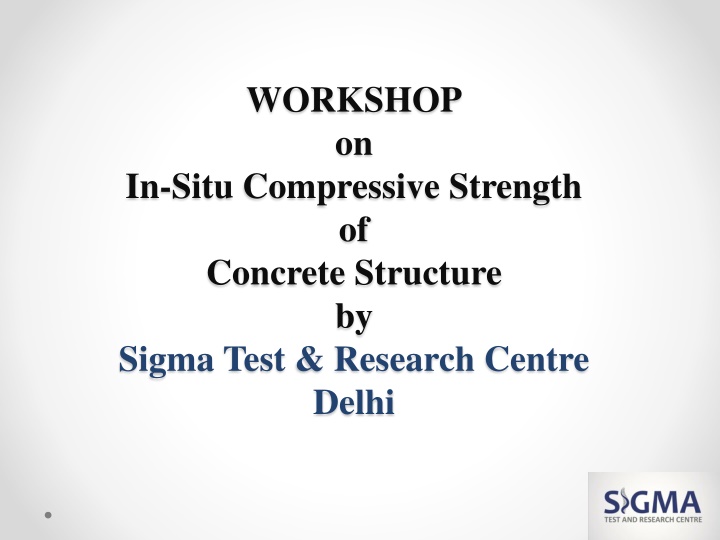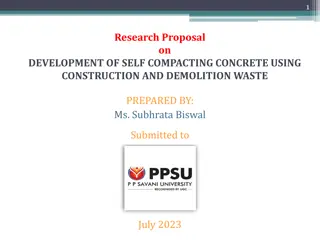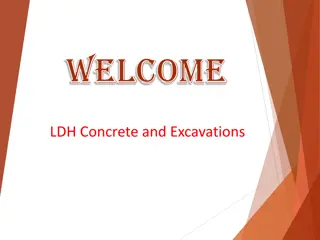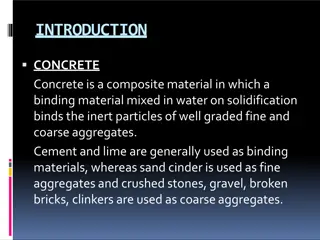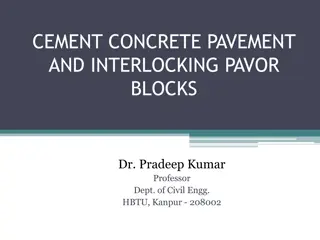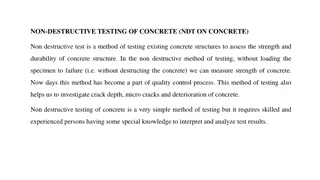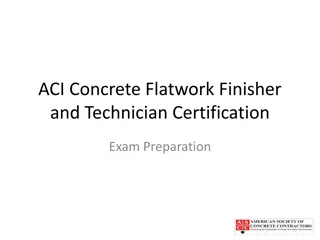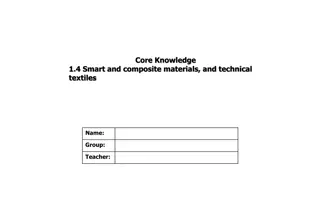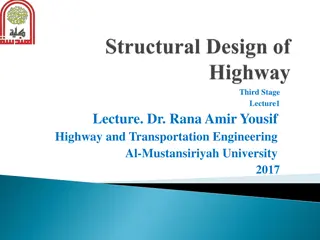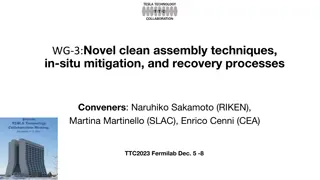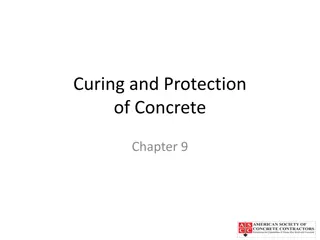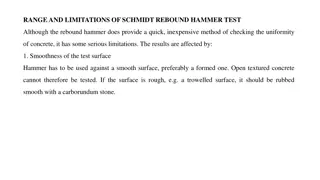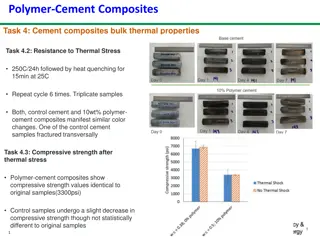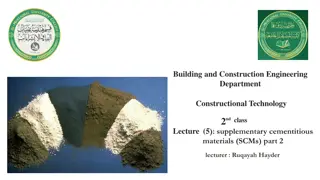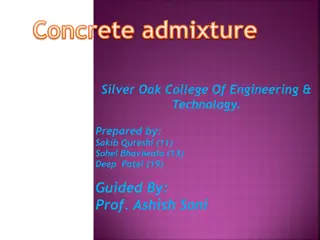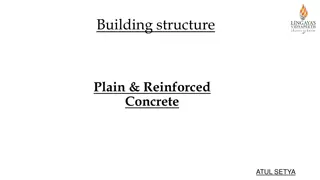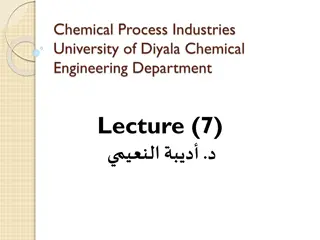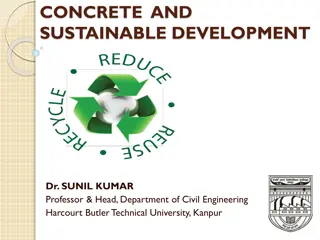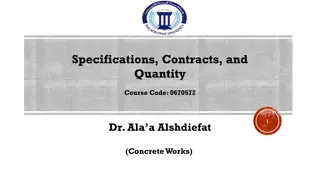In-Situ Compressive Strength of Concrete Structure Workshop
Learn about in-situ compressive strength testing of concrete structures through the Sigma Test & Research Centre workshop in Delhi. Gain insights on testing methodologies, applications, and best practices for ensuring the structural integrity of concrete components. Discover innovative techniques and advancements in concrete testing technology to enhance construction quality and durability.
Uploaded on Mar 08, 2025 | 0 Views
Download Presentation

Please find below an Image/Link to download the presentation.
The content on the website is provided AS IS for your information and personal use only. It may not be sold, licensed, or shared on other websites without obtaining consent from the author.If you encounter any issues during the download, it is possible that the publisher has removed the file from their server.
You are allowed to download the files provided on this website for personal or commercial use, subject to the condition that they are used lawfully. All files are the property of their respective owners.
The content on the website is provided AS IS for your information and personal use only. It may not be sold, licensed, or shared on other websites without obtaining consent from the author.
E N D
Presentation Transcript
WORKSHOP on In-Situ Compressive Strength of Concrete Structure by Sigma Test & Research Centre Delhi
Need for IN-PLACE Strength Testing During Construction The Traditional Cube test measures the potential compressive strength of a given mix after 28 days , when the concrete under ideal laboratory conditions is compacted and cured in water at 27 Celsius.
Strength of Structure Depends Transportation of concrete Pumping Casting Compaction Effective curing Maturity developed on-site
In-Place Strength Evaluation of in-place strength as per existing practice Testing Methods Limitations Core drilling Destructive Test, High Measurement Time. Rebound hammer High Uncertainty, Measures surface Hardness. Ultrasonic Pulse Velocity Test Qualitative Test, Low Coverage.
Objective Pullout Test (ASTM C 900) Pullout test of concrete determines the compressive strength of concrete as available at site taking into account all the variables outlined earlier for a direct comparison with the results of standards compression test as measured at the ready-mix plant under ideal laboratory conditions.
Pullout Test Method 18 mm diameter hole is drilled into the concrete up to 65mm depth. With the help of special concrete router bit a 25mm diameter slot is made. An expandable metal washer is placed in a hole and ring is expanded. The expanded washer is then pulled out of the concrete using the pull out loading system.
Ring Expansion Hardware NUT COILED RING CONE
Recommended Number Of Tests (as per ASTM C900) For Slabs 5 Test points for every 465m of the surface area. For Columns and Beams 5 Test points for every 115m of concrete. ( Vol. of Col.: 300 450 3650 mm = 0.49 cubic meter )
Applications To determine a minimum amount of curing needed in cold weather concreting. For assessing existing structures. For planning Rehabilitation, Restrengthning work For estimating concrete strength during construction.
Correlation Irrespective of failure theory, pullout strength is related to a fundamental strength parameter of concrete . There is good correlation between pullout strength and compressive strength .
Robust Correlation Not affected by: Cementitious materials Water-cement ratio Age Air entrainment Admixtures Shape or size of aggregate up to 40 mm
Comparison Between Compressive Strength Test From Core , CAPO and Schmidt Hammer
Advantages On the spot Results High Accuracy , Repeatability Consistent Results Non Destructive Helps in Localizing problem
Advantages Speed of the overall construction programme can be Increased if an accurate assessment of the early-age in situ strength is made because this allows a much faster turn around . Dept. of Civil Engineers The University of Liverpool
CASE STUDIES Min of Textile , Government of Chad , Africa
CASE STUDIES Samsung India - Sec 102, Noida 700000 Sq. ft. Area Times of India - Gurgaon Luxor of International - Noida Sri Sri Ayurveda - Kotdwar , Uttaranchal
